RIP, Mr. President: I could say something pseudo-clever like, “I come to bury Jimmy, not to praise him.” But that would be a lie. And Jimmy Carter — the “Jimmy” in question here — was the first, last, and only president who got elected by promising not to lie.
Fat lot of good it did him.
Carter was 100 when he died a on December 29. Not a minute too soon, when you consider present realities. His body now lies in state — which means in the U.S. Capitol, where lawmakers can look and wonder at the man.
Carter was the first president I was old enough to vote for. I never remotely got him. Certainly not then. Probably not even now. But I happily subscribed to all the pat and easy stereotypes: Boy Scout troop leader; born-again Sunday school teacher; perpetual virgin-in-the-whorehouse; too priggish and pure to make the friends he needed to move the needle. To be fair, he was all that.

My wife always understood the distinction between who a person is and what they do. She got Carter. She understood that light beams bend with gravity as they flow, following the pathway of an arch. I always insisted a straight line was the shortest distance between two points. We would argue. In hindsight, she was more right than she ever knew.

When you consider the bloody vector of race and politics in America, Jimmy Carter is probably the most violently improbable and audaciously unimaginable occupant the White House could hope to have. For those looking for hope in all the wrong places, Jimmy Carter is a glance in the right direction. He was too stubbornly compelling to be written off as the “best ex-president ever.”
Jimmy Carter grew up in rural Georgia to the manner born, if one considers a home without running water or electricity “the manor.” His father was a bred-in-the-bone racist segregationist. His mother was a wild-hair, free spirit who crossed color lines as she saw fit. When Carter was a kid, there were hardly any white kids to play with. So, his friends were Black. It stuck.
When it came time to take over his father’s peanut farm, Carter was expected to join one of the White Citizens Councils then sprouting up to defend the “southern way of life” against integration. He refused. When his church circulated a petition to limit membership to white parishioners, Carter and his wife, Rosalynn, said no. And ultimately left to join another church.
In politics, Carter was a squishy moderate, a strict fiscal conservative whose fierce faith and born-again beliefs about a loving, forgiving god infused his liberal social agenda.
When Carter ran for governor in 1971, his opponent Lester Maddox was most famous for the collection of ax handles he kept on the wall of his fried chicken restaurant just in case any Black people were confused enough to think they could eat there. When Maddox became governor, he kept one of the ax handles on the wall of his office there. America has always been a dangerous, crazy place.
When Georgia elected Carter governor in 1971, he removed the ax handle from the governor’s mansion wall and put a huge photo of Martin Luther King Jr. in the State Capitol rotunda. In his inaugural speech, he declared the time for racial segregation in Georgia was over. A lot of white people walked out.
Jimmy Carter absolutely loved music. He thought jazz was America’s singular musical contribution to the planet, even the self-indulgently improvisational, crazy, in-your-face, atonal kind. He sang the bebop classic “Salt Peanuts” on stage with jazz trumpet genius Dizzy Gillespie at a concert in the White House Garden. Aretha Franklin sang at his 1977 presidential inauguration.

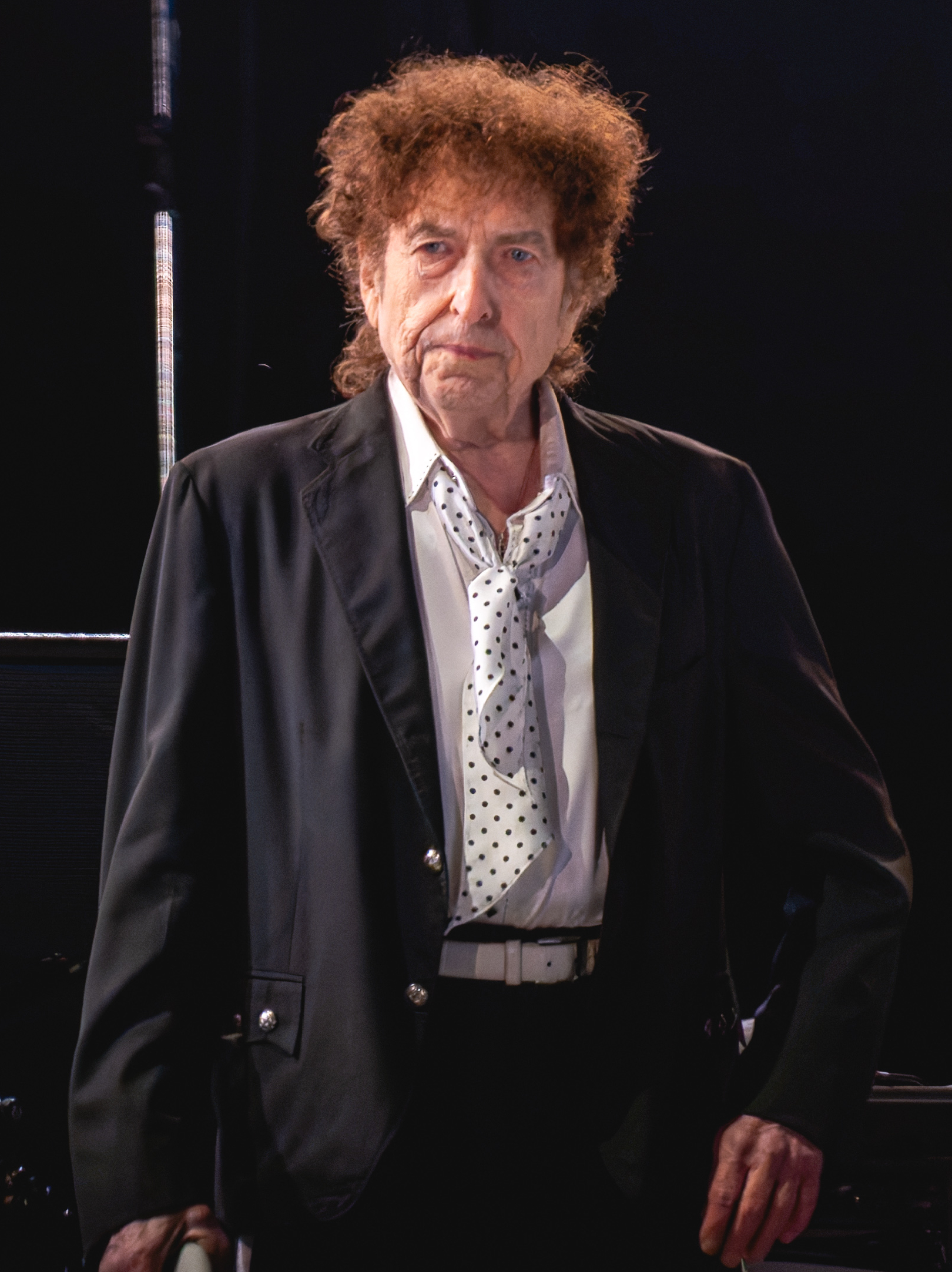

[Click to enlarge]
Back when Carter was governor, he invited Bob Dylan to the mansion. Dylan wanted to talk to Carter about Jesus. Carter — who could quote Dylan lyrics verbatim — wanted to talk to Dylan about social justice. While they chatted, a record by blues great Elmore James — “Dust my Broom” — played on the governor’s mansion record player.
I’m just sayin’.

In 1974, Carter — then still governor — lowered the boom on a large formal gathering of the state’s biggest lawyers, judges, and prosecutors, castigating them all for getting fat and rich off a system that oppressed people for the crime of being poor and Black. He cited Dylan frequently throughout. Attending that gathering was gonzo journalist Hunter S. Thompson back before he would become a sad and tragic caricature of his most self-destructive self. Thompson, a virtuoso at the withering contempt he showered most politicians with, endorsed Carter. When it came to “sheer functional meanness,” Thompson would later say, no other contenders could touch Carter. He meant this as the highest compliment.

Carter was often too right for his own good, too thin-skinned, and aggressively aloof. Politics is a team sport. Still, he single handedly brokered the one and only Middle East peace accord yet to be reached — between Egypt and Israel — in a nonstop, 13-day marathon of ear-bending and arm-twisting. He divested the United States of the Panama Canal — “It’s ours; we stole it fair and square,” objected one California senator — one of our most glaring colonial acquisitions.
He made the mistake of talking to Americans as adults, telling them to wear sweaters to conserve energy because the energy crisis would take time to solve. But to that end, he also proposed extracting $140 billion from oil industry windfall profits to bankroll a green energy infrastructure. He forced a bitterly resistant auto industry — and its unions too — to install seat belts and air bags. What if he hadn’t?
In the end, Carter would be done in by intractably high inflation, sky-high interest rates, gas shortages, gas lines, and a 444-day Iranian hostage crisis that he helped bring about himself. But even the most accomplished of ass kissers, hand shakers, and back slappers would have had a very hard time surviving that.
Hey, Jimmy, thanks for being you.
Premier Events
Sat, Dec 20
10:00 AM
Santa Barbara
Mosaic Holiday Markets
Sun, Dec 21
10:00 AM
Santa Barbara
Mosaic Holiday Markets
Wed, Dec 31
9:00 PM
Santa barbara
NEW YEAR’S Wildcat Lounge
Thu, Dec 18
1:30 PM
Goleta
The Bishop’s Wife (1947)
Thu, Dec 18
4:00 PM
santa barbara
Roundtable Talk with Dietitian Michelle Checkettes
Thu, Dec 18
8:00 PM
Santa Barbara
The Living Room Jam hosted by Jason Libs
Fri, Dec 19
6:00 PM
Santa Barbara
State Street Ballet – “The Nutcracker “
Fri, Dec 19
7:00 PM
Santa Barbara
SBHS Annual Fall Dance Recital 2025
Fri, Dec 19
8:00 PM
Santa Barbara
Ensemble Theatre Company Presents “The Complete Works of Jane Austen, Abridged”
Sat, Dec 20
10:00 AM
Santa Barbara
Mosaic Holiday Markets
Sat, Dec 20
2:30 PM
Santa Barbara
Santa Barbara Revels Presents “The Celestial Fools”
Sat, Dec 20
7:30 PM
Santa Barbara
State Street Ballet – “The Nutcracker “
Sun, Dec 21
2:00 PM
Santa Barbara
Ensemble Theatre Company Presents “The Complete Works of Jane Austen, Abridged”
Sat, Dec 20 10:00 AM
Santa Barbara
Mosaic Holiday Markets
Sun, Dec 21 10:00 AM
Santa Barbara
Mosaic Holiday Markets
Wed, Dec 31 9:00 PM
Santa barbara
NEW YEAR’S Wildcat Lounge
Thu, Dec 18 1:30 PM
Goleta
The Bishop’s Wife (1947)
Thu, Dec 18 4:00 PM
santa barbara
Roundtable Talk with Dietitian Michelle Checkettes
Thu, Dec 18 8:00 PM
Santa Barbara
The Living Room Jam hosted by Jason Libs
Fri, Dec 19 6:00 PM
Santa Barbara
State Street Ballet – “The Nutcracker “
Fri, Dec 19 7:00 PM
Santa Barbara
SBHS Annual Fall Dance Recital 2025
Fri, Dec 19 8:00 PM
Santa Barbara
Ensemble Theatre Company Presents “The Complete Works of Jane Austen, Abridged”
Sat, Dec 20 10:00 AM
Santa Barbara
Mosaic Holiday Markets
Sat, Dec 20 2:30 PM
Santa Barbara
Santa Barbara Revels Presents “The Celestial Fools”
Sat, Dec 20 7:30 PM
Santa Barbara
State Street Ballet – “The Nutcracker “
Sun, Dec 21 2:00 PM
Santa Barbara

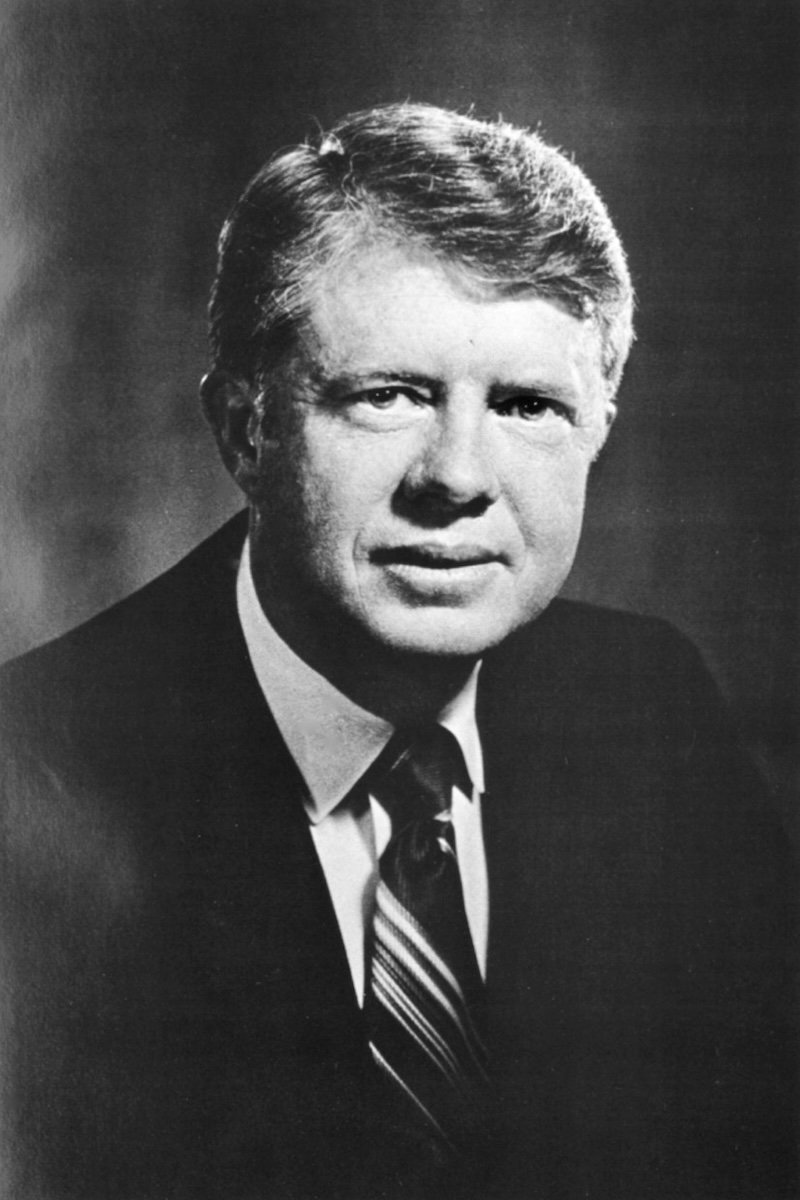


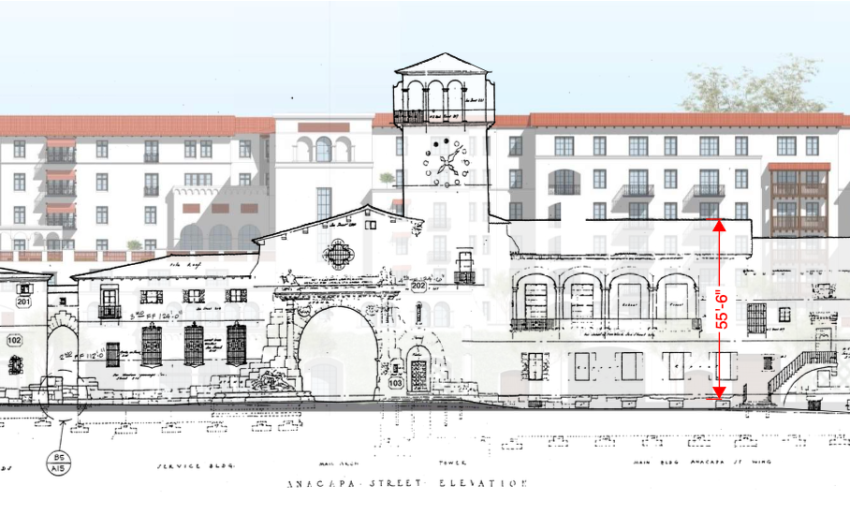
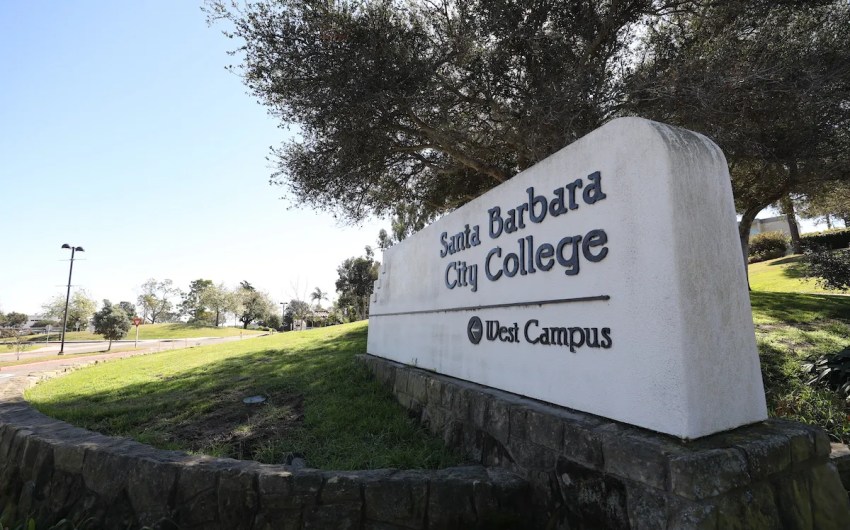

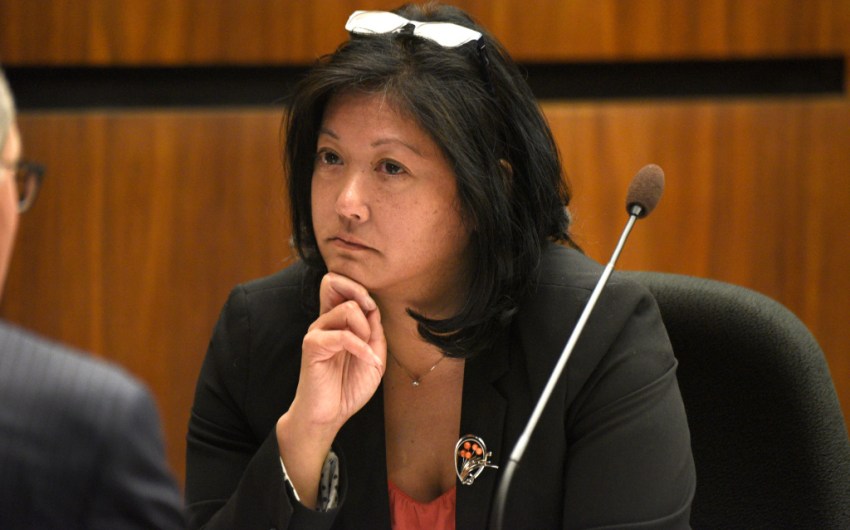
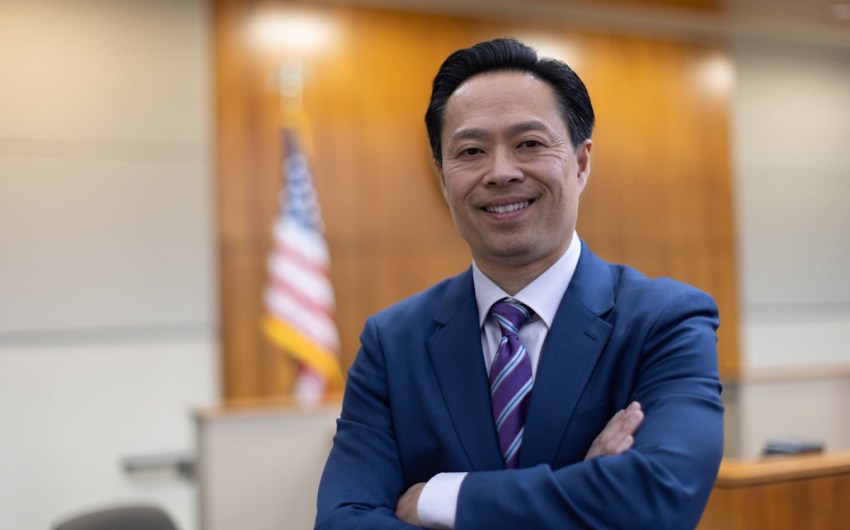
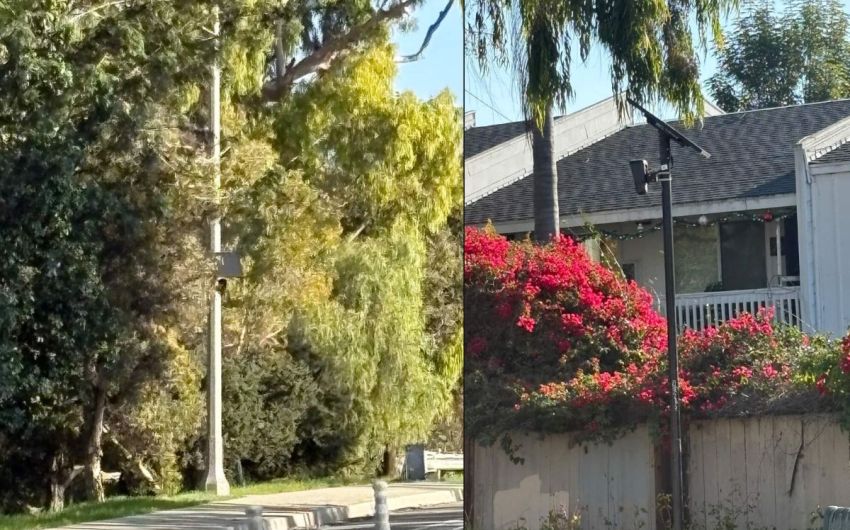
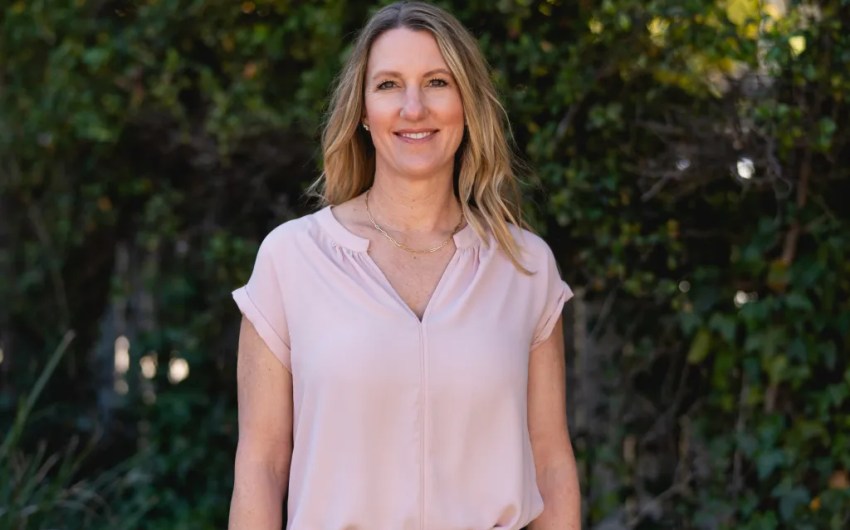

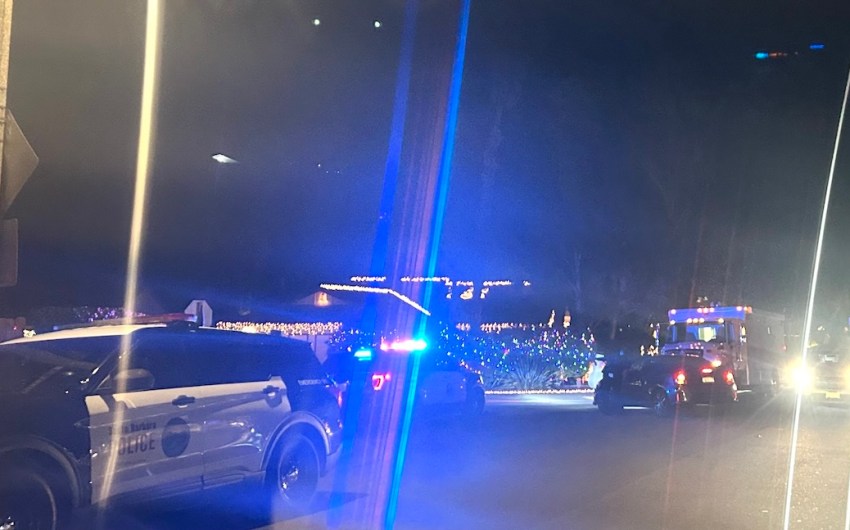

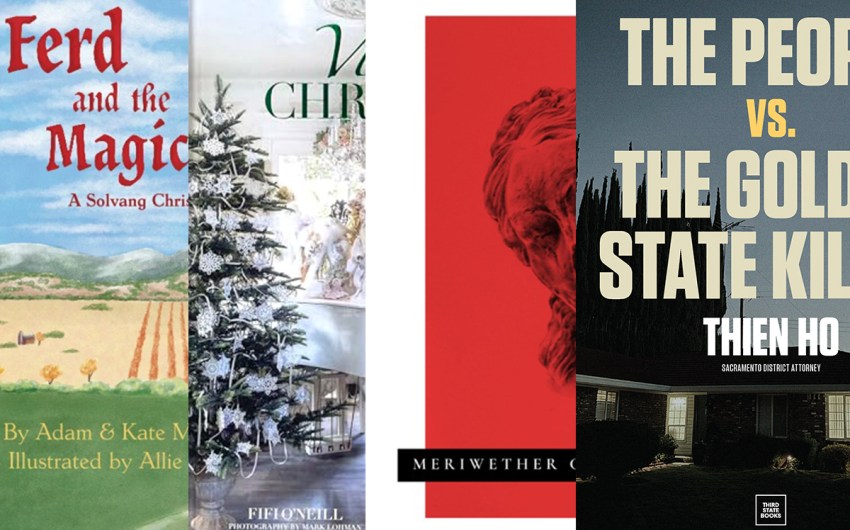

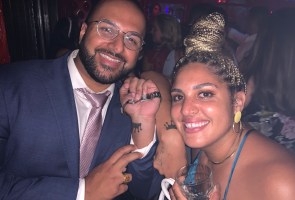
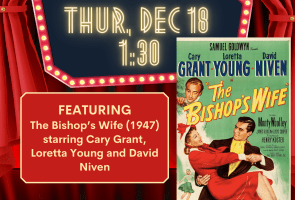



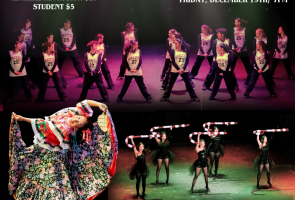

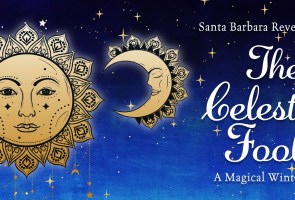
You must be logged in to post a comment.